‘Isn’t cycling something you do when you are a kid?’
I’ve heard this a lot, and it’s a common reason people don’t cycle. People forget that it’s the most efficient mode of transport available (in more ways than one) and unrivalled for their mental well-being. But what age is too old to stop cycling or to start cycling? Is this a case of if you missed the window of opportunity it’s gone? Of course not!
Cycling is a timeless activity, enjoyed by people of all ages around the world. Whether you’re a child taking your first spin on two wheels, a young adult commuting to work, or a senior rediscovering the joy of riding, cycling offers something for everyone. The benefits extend far beyond the physical, touching every aspect of health, well-being, and daily life.
The world has also changed so much that the barrier to entry couldn’t be better. With eBikes, inexpensive second-hand bikes and the ability for anyone to repair; it’s something which should be encouraged and enjoyed by those of all ages.
Why You Should Start Cycling Now
Breaking Out of Your Comfort Zone
Starting something new can feel daunting, especially if you haven’t cycled or ridden in years. Yet, stepping outside your comfort zone is often where the magic happens. Taking up cycling can boost your confidence, help you conquer anxiety, and provide a sense of accomplishment.
A UK study found that adults who engaged in new physical activities reported improved mental health and lower stress levels. The act of learning or rediscovering cycling teaches resilience, a skill that ripples into other areas of life. You may not even be a new starter. Many people used to ride their bikes freely in their teen years and stopped. I personally didn’t have a bike between the ages of 18-30. At the time it was not something I considered and perhaps would have taken me out of my comfort zone.
This changed when we had children and changed even more when they went to school and we started to use it as a means of transport. There’s a ripple effect and the comfort zone continues to be pushed. Maybe this is you too?
Building Habits That Last
Cycling is more than just exercise; it’s a lifestyle. Starting small, like a 10-minute ride around your neighbourhood, can evolve into a daily habit.
Habit formation is key to long-term health. By incorporating cycling into your routine—be it as a way to commute, shop for groceries, or enjoy leisure time—you’ll create a foundation for a healthier, happier life.
When you model this habit, it can inspire others around you. Families, for example, can encourage each other to get active together. Cycling with children or grandchildren not only strengthens bonds but instils a love for physical activity in younger generations.
You commonly hear of people losing their purpose in retirement or when they sell a business. I would argue that they just stop trying and see retirement as the finish line. Habits need to last a lifetime and continuing to add and improve your consistency and habit-building will yield positive results whatever the age. I see cycling as a perfect day-to-day habit for those who are retired. Cycling to the shops, the library or to get your 60 minutes of exercise will build a great foundation for the rest of the day and keep your mind engaged.
A Versatile Activity
Cycling is as diverse as the riders who enjoy it. Whether you’re exploring scenic trails, commuting to work, or running errands, the flexibility of cycling makes it suitable for any lifestyle.
For those looking to challenge themselves, there are long-distance rides and even group cycling events to consider.
I cycle for leisure. I’ve never ridden a road bike and at this time it’s not of interest to me. Furthermore, I have no interest in extreme mountain biking circuits. It’s a versatile endeavour which can suit varying interest levels and ages.
The Accessibility of Cycling
The other draw for me is that there’s a limited barrier to entry. Bikes can be as expensive or inexpensive as you like. At the time of writing, I’ve yet to spend more than £500 on a bike. My backup bike was bought for £120 having been stored in someone’s garage for 4 years. It retailed at £9000-1000.
At the same time, those entering the market and wanting to use it as their primary mode of transportation can purchase an eBike for £3000+. On the surface, it looks expensive but towards other means of transport, it’s a bargain. For many, no level of bike will be unattainable.
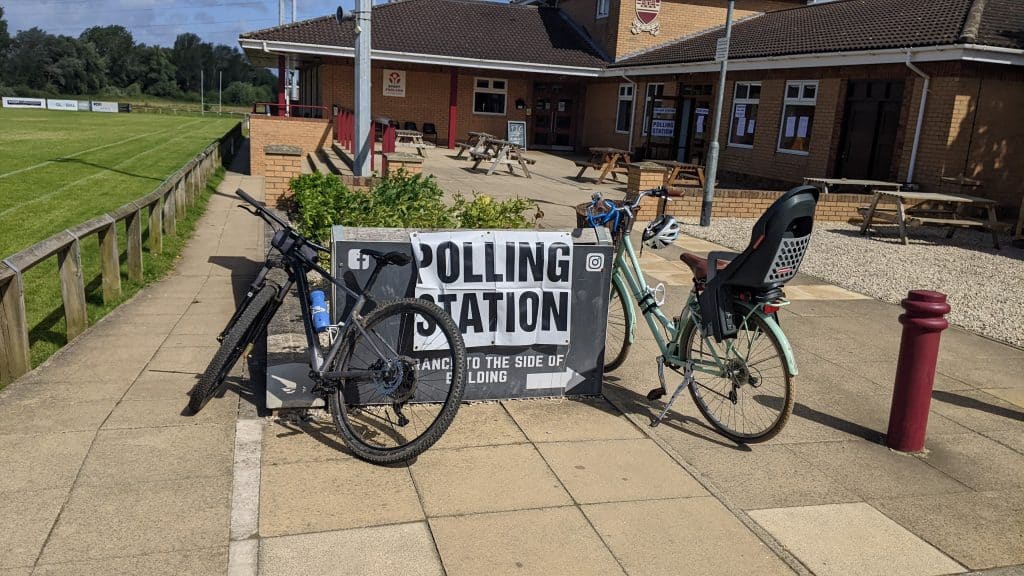

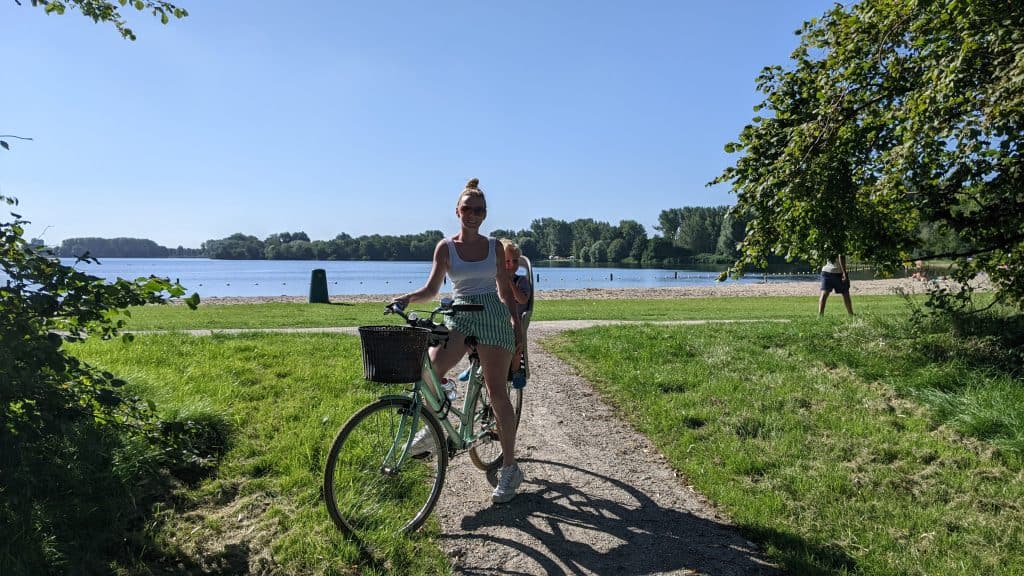
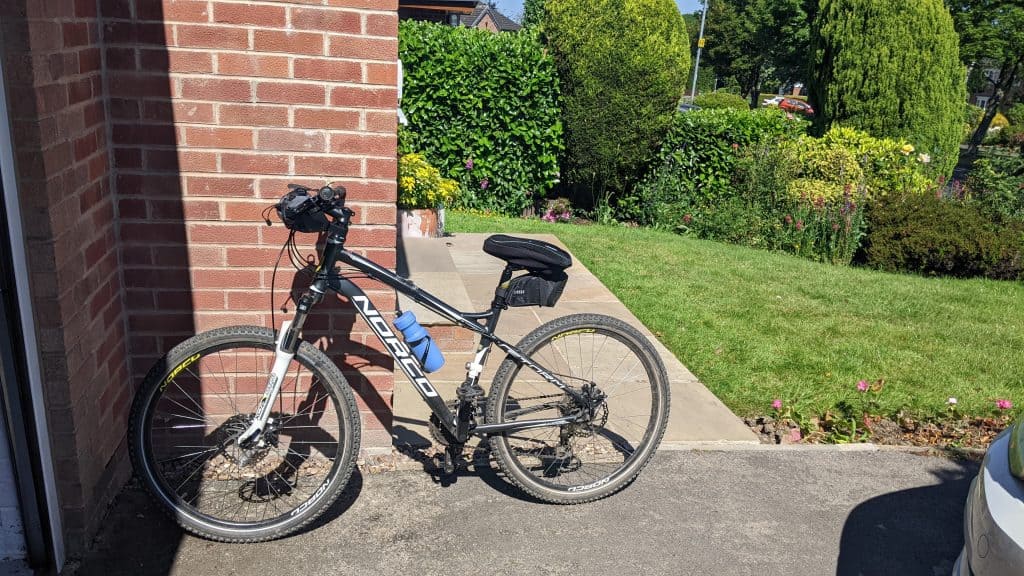
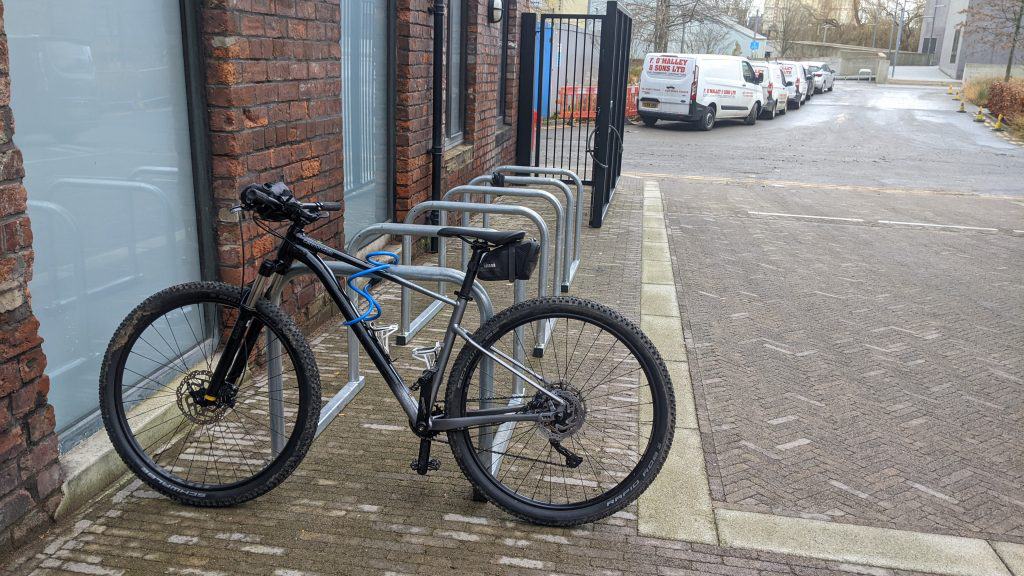
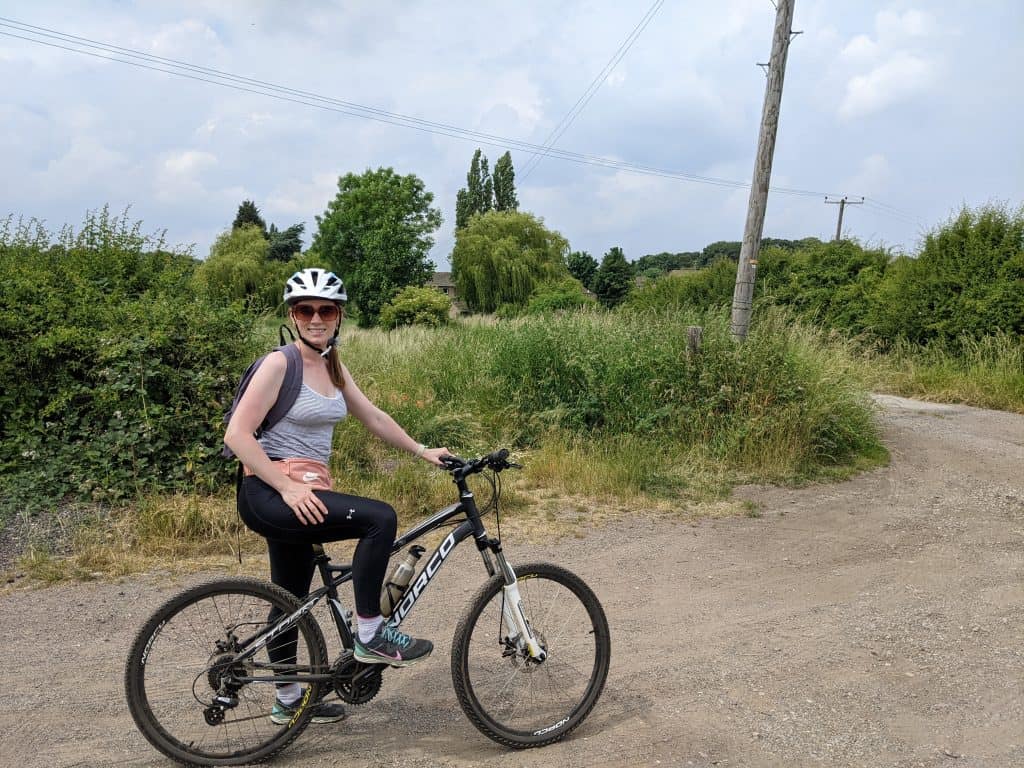
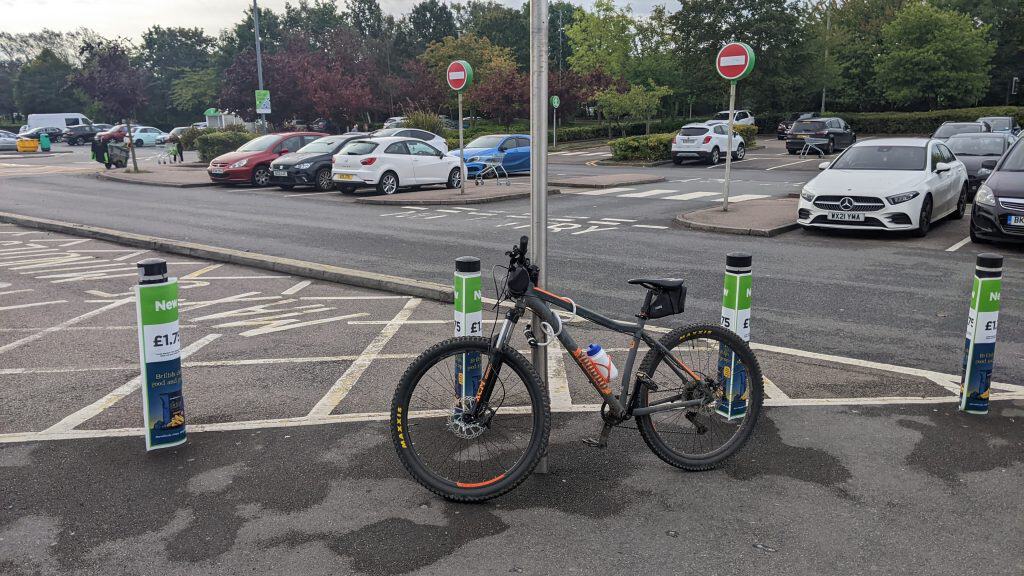
Low-Cost Start-Up
One of the best aspects of cycling is its affordability. Unlike gym memberships or specialised sports equipment, getting started with cycling doesn’t have to break the bank. Many people begin with second-hand bikes, which are widely available through local marketplaces or community groups. Websites like Facebook Marketplace or Gumtree are excellent resources for finding budget-friendly bikes in the UK.
eBikes: A Game Changer
For those who find traditional cycling physically challenging, eBikes have revolutionised accessibility. These electric-assisted bicycles allow riders to tackle hills and longer distances with ease. They’re particularly beneficial for older adults or individuals with mobility concerns, enabling them to enjoy the benefits of cycling without excessive strain. The upside vs a car is that people are out in the free air and engaging muscles.
One of the most striking effects of age is the involuntary loss of muscle mass, strength, and function, termed sarcopenia]. Muscle mass decreases approximately 3–8% per decade after the age of 30 and this rate of decline is even higher after the age of 60. Utilising an eBike can give you assistance when you need it but keep you physically active well into your senior years.
Learning Opportunities for All Ages
If the idea of getting on a bike feels overwhelming, there’s good news: Bikeability training is widely available across the UK. These courses cater to all age groups and skill levels, providing guidance on cycling safely and confidently. Many councils offer free or low-cost sessions, making it easier than ever to get started.
My wife Beth is a Bikeability teacher and the adult courses can introduce people of any age into cycling. Exposure to new learning keeps your brain active and can provide new skills which can change your life at any age.
My cycling has improved considerably over the years and lung capacity has enabled me to go out on longer rides. We need to continue to learn at all ages and the low barrier to entry with cycling makes it a perfect skill to capture.
The Health Benefits of Cycling
Physical Health
Cycling is a low-impact exercise that’s gentle on the joints, making it ideal for older adults or those recovering from injuries. It improves cardiovascular health, builds muscle strength, and enhances coordination and balance. Studies from the NHS indicate that regular cycling reduces the risk of heart disease, stroke, and certain cancers.
Mental Well-Being
Beyond the physical advantages, cycling is a proven mood booster. Riding outdoors exposes you to fresh air and natural sunlight, which are essential for mental health. Cycling also releases endorphins, the body’s feel-good hormones, helping to combat anxiety and depression.
This is incredibly important for those who work from home or are retired. Changes in sedentary behaviour tend to occur when people retire and age. Not everyone but there’s data to support this. This has a monumental impact on your mental and physical health.
Just getting outside and using your body to move naturally can make you feel good. You are at one with the elements and your mind will suddenly feel clearer.
I predominantly work from home and I know if I have a full day working without any outside time my brain feels a little foggy. I’m less positive and feel sluggish.
Social Connections
Cycling can be a solitary escape or a social adventure. Joining a local cycling club or riding with friends and family fosters connections and creates a sense of community. For seniors, this social aspect is particularly valuable, combating feelings of isolation and loneliness.
In my area, I know of several daytime cycling clubs with the core audience being those of 50+. This is helpful as it gets these people out of their houses and around people of a similar age. They typically stop at a coffee shop for a chat and some food too.
I know from personal experience that even getting out on my bike alone I tend to trade pleasantries with Dog walkers or those on a run. It can be something as simple as a ‘hello’ but it fosters a social connection you don’t get when you are sat at home.
Overcoming Common Concerns
Safety
Worried about road safety? Start by cycling on designated paths or quiet streets to build your confidence. Many Bikeability courses also cover road safety in detail so I would strongly recommend enrolling on a local course should you feel uncomfortable.
I would also pick the situations/scenarios which fit your comfort levels. I personally don’t cycle on long-distance road routes. The UK roads can feel hostile at times for cyclists and I tend to stick to roads I know well. I prioritise cycling on traffic-free routes or short-distance road routes.
Fitness Levels
“I’m not fit enough to cycle” is a common misconception. The truth is, cycling meets you where you are. You can begin with short, flat rides and gradually increase the intensity as your fitness improves. Remember, eBikes can help bridge any gaps in physical ability and should be the default vs changing to a car.
Equipment
Modern bikes come in all shapes and sizes to suit different needs. Whether it’s a hybrid bike for commuting, a mountain bike for trails, or an eBike for ease, there’s something for everyone. Visiting a local bike shop for expert advice ensures you find the perfect fit. The internet is a wealth of information too but don’t overthink getting the best bike and just get started.
Cycling Beyond the Physical Benefits
Environmental Impact
Cycling isn’t just good for you; it’s good for the planet. By choosing to cycle instead of driving, you reduce your carbon footprint. The UK government actively encourages cycling as part of its efforts to combat climate change (although the budget doesn’t quite match up to this) but you can make a difference yourself.
Just by choosing to use your bike for some of the journeys you would have ordinarily used a car can make a difference.
The environmental impact is just a small byproduct of the plethora of other benefits of cycling.
Life Skills and Independence
Cycling promotes independence and self-reliance. For older children and teens, it teaches road awareness and responsibility.
For adults, it offers a practical way to travel without relying on public transport or cars.
Summary
You are never too old to start cycling. It’s an inclusive activity that welcomes everyone, regardless of age or fitness level.
By stepping outside your comfort zone and embracing this inexpensive but hugely rewarding activity, you open the door to improved health, stronger connections, and a richer quality of life. So why wait?
Modern society tries to make everything easier for you but sometimes you need to step outside what’s ‘comfortable’ and try something new. I think for a better quality of life Cycling is that activity which many don’t realise they are missing.
Why do you think so many health brands, insurance brands or pension companies show people cycling on a beachfront? Because it provides freedom for those of all ages which cannot be rivalled by any other means.
Last Updated on April 23, 2025 by Ryan
Hello. I am Ryan and along with my wife Beth and our two children Matilda and Barney, we love all things cycling and exploring. We spend our weekends exploring fun places to cycle and discover and wanted to help other people do the same too. There’s no better way to travel than via bike and it’s an amazing activity for the whole family to enjoy.
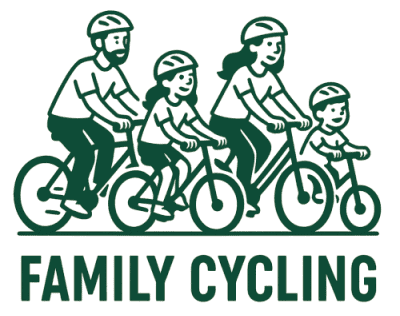
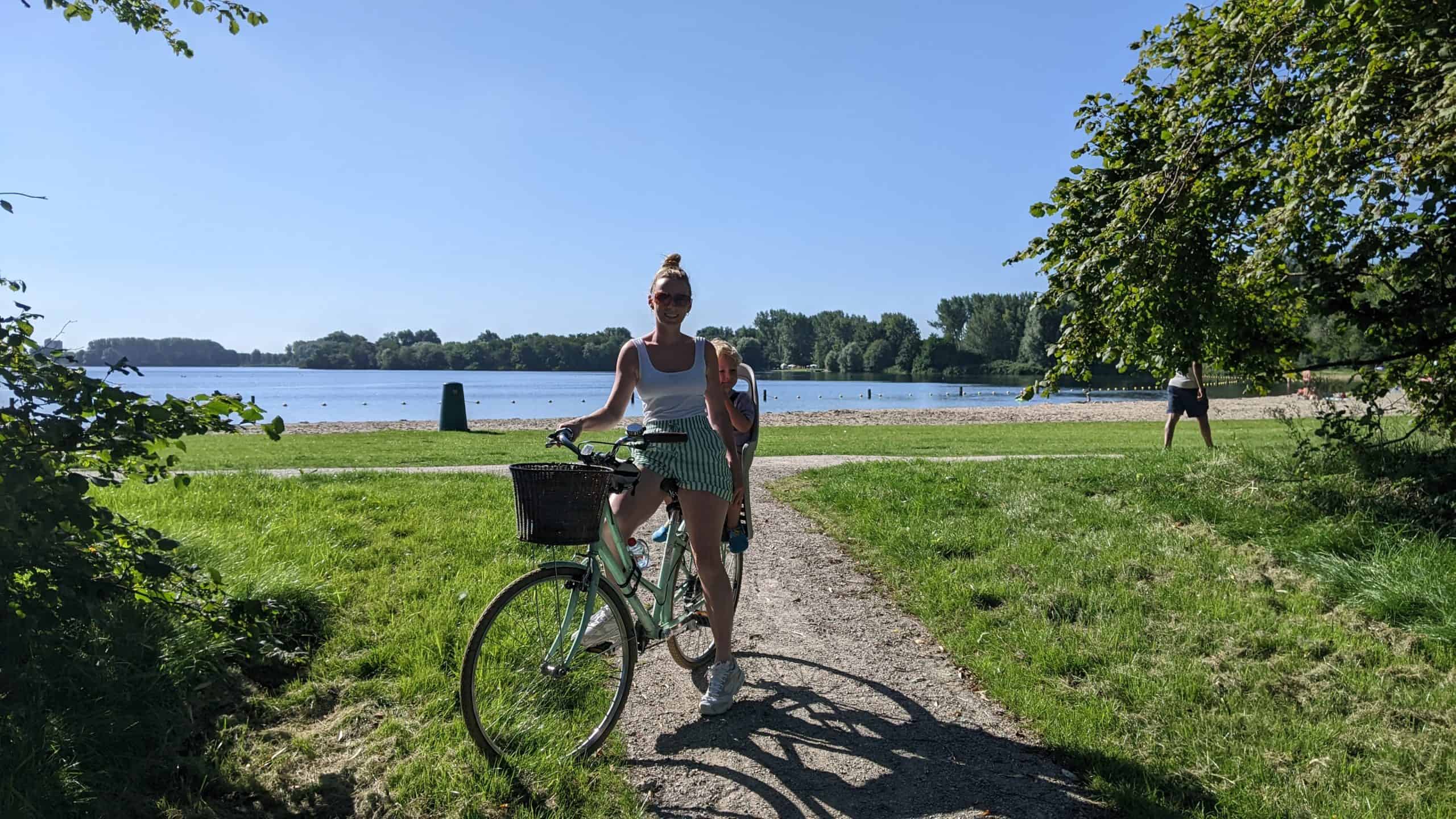
I learned to ride a bike when I was 5 .Now 65 and still riding.It makes me feel like that 5 year old again.I have been on many trips with my bike .I will soon be leaving for South America to start a around the world ride.It has been my dream.And who says dreams do not come true.Happy trails to all.
Hi John,
Thanks so much for the comment. This is so brilliant to read and brings so much joy to me. That sounds like a truly incredible trip. Is there a way for us to keep in touch with your journey? Would love to follow along! You are an inspiration to me and I imagine many more. Safe travels.